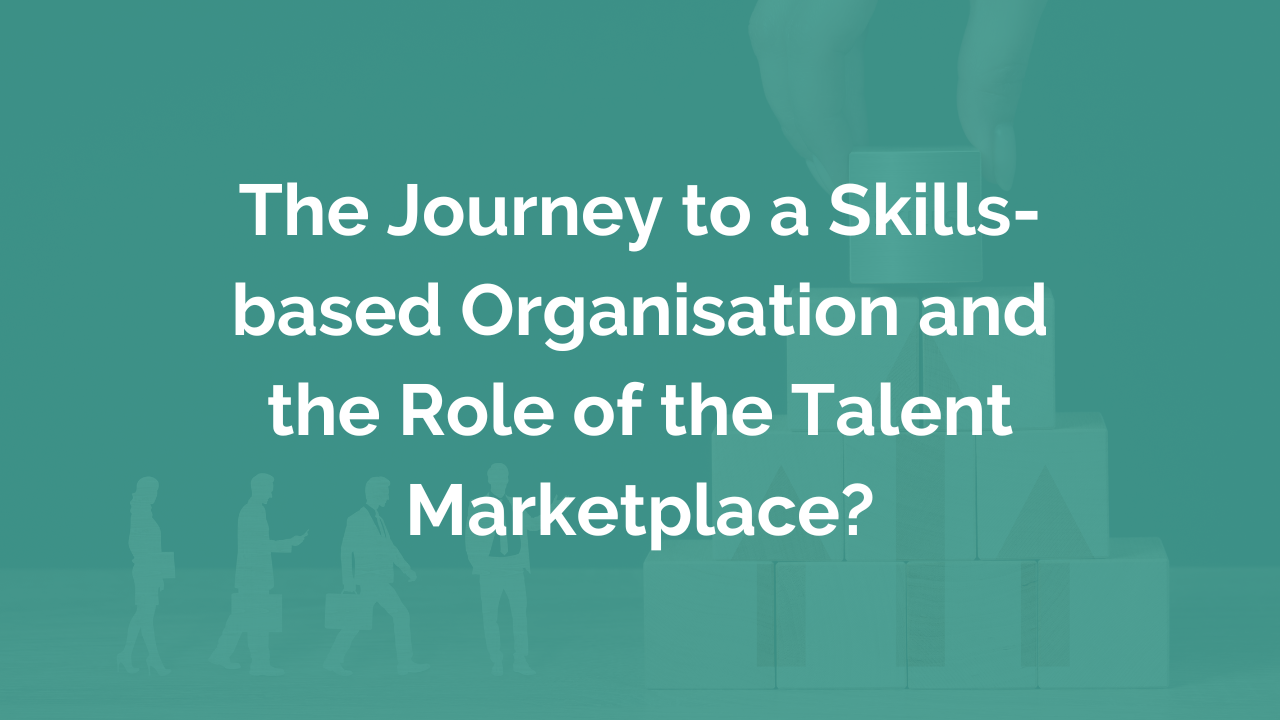As human beings, our everyday decisions are based on the way we interpret and act upon our emotions. These emotions, opinions, attitudes, and beliefs are the sentiment that drives our behaviours. And as HR Leaders and professionals, understanding the sentiment of our employees is key to ensuring a successful and dynamic workplace.
Read MoreIn today's business landscape, relying on intuition or personal biases for strategic decision-making in HR is no longer sustainable. While pre-pandemic times saw a gradual shift towards a data-driven HR function, the COVID-19 pandemic has accelerated the need for HR departments to become more systematic and aligned on data-driven capabilities.
Read MoreSince ChatGPT was launched in November 2022, there has been a surge of interest and some concern about the potential impact of GPT and Generative AI models on business as well as on HR and workers. One recent report by Goldman Sachs suggests that AI could replace the equivalent of 300 million full-time jobs, as well as a quarter of work tasks in the US and Europe. However, the same report also predicts that, similar to previous industrial revolutions, there will be new jobs and a productivity boom.
Read MoreArtificial Intelligence (AI) in HR is the wave of the future. AI-enabled tools and technologies can be used to streamline processes, automate data management, and power people analytics. HR Leaders and professionals are quickly adopting the power of AI and data-driven insights to make more informed decisions when hiring, managing performance data, and developing better employee retention strategies.
Read MoreDo you remember the spreadsheet? Back in the day, it was HR’s essential tool. Attendance data and productivity data, and benefits enrollment were all kept on individual spreadsheets on someone’s computer to use for all HR decision-making. The data was collected manually and from people of various backgrounds and training. Plus, these spreadsheets were susceptible to unwanted exposure or someone unintentionally corrupting the information, making it difficult to ensure data quality.
Read MoreMercer’s Global Talent Trends 2022 study articulates the shift towards a skills-based organisation. The report outlines how companies who are successfully doing this are addressing skills shortages through a two-pronged approach. First, they are Bending the Demand Curve through deconstructing jobs into tasks, automating parts of jobs, redesigning jobs and redesigning work models to make it easier to find people to do the tasks needed. This is coupled with Bending the Supply Curve through accessing non-traditional talent pools, reskilling/upskilling and redeploying existing talent, rebalancing the employee value proposition to attract new talent, and considering co-opetition and talent sharing.
Read MoreEmployees play a significant role in driving businesses forward. And why? Because it is your employees that are delivering customer support, producing products, overseeing operations, and coming up with innovative ways of doing business. So, when considering new means of enhancing trade and employee engagement, looking at employees' skills and talent development makes sense.
Read MoreIn today’s tight labour market, companies strive to stay competitive by improving their recruitment strategies, enhancing employee engagement, or expanding their diversity and inclusion. As difficult as these challenges are, some companies have found an edge over their competitors by including behavioural science insights when developing best Human Resources practices. It has been discovered that businesses see higher results from their efforts by understanding how behavioural science can assist in the company’s approach to everything from organisational culture to the employee experience.
Read MoreThe labour market has evolved. In just the last few years, due to the pandemic, social unrest and eruption of remote work, there has become empowerment of the workforce. The way we perform everyday work has changed as well. Employees have an increased desire for flexibility, collaboration, learning opportunities and wellbeing that they are not just asking for but demanding. One direction companies are taking in response to the changes is by re-evaluating what jobs and work mean to all the involved parties and bringing about a new way for work to get done.
Read MoreThe use of a talent marketplace in organisations is on the rise, as the very nature of work and skills has morphed after the pandemic and the Great Resignation. Employers discovered that talent marketplace platforms allow them to remain competitive in a tight labour market by focusing more on how work is getting done over job titles and job descriptions.
Read More









